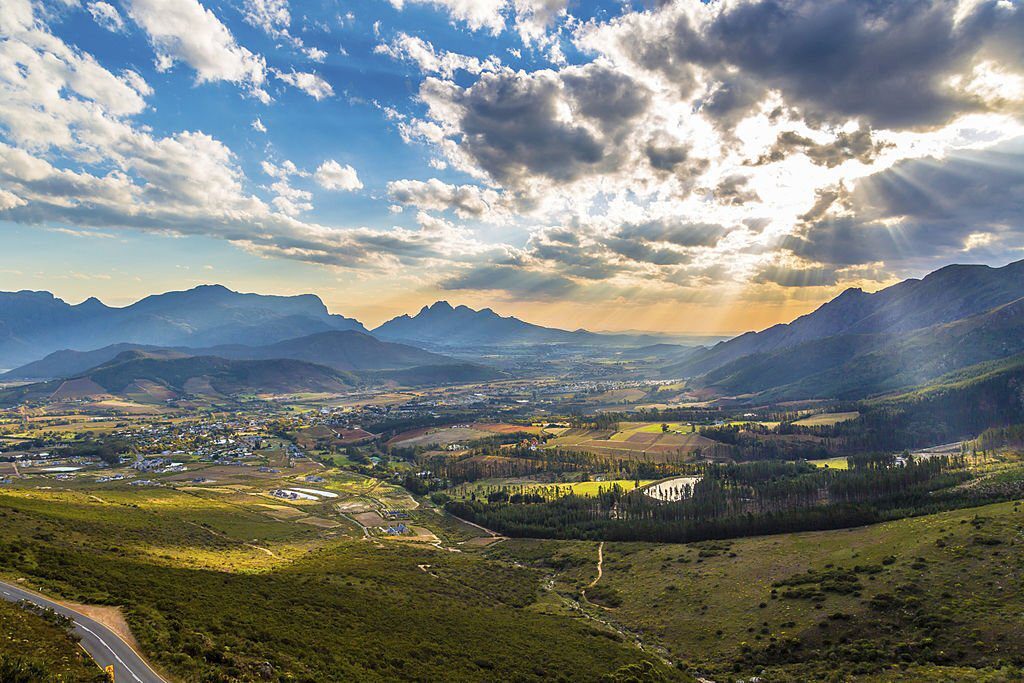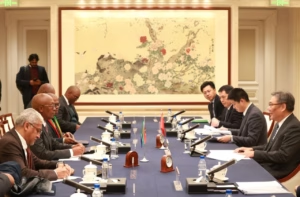The Western Cape province of South Africa is a unique and fascinating place, with a rich cultural diversity and varied geographical landscape. Home to cities such as Cape Town and Stellenbosch, as well as numerous smaller towns and villages, the Western Cape has a population of approximately 7 million people.
Cultural Diversity and Makeup
The Western Cape is known for its cultural diversity, with a mix of people from various ethnic and racial backgrounds. The largest ethnic group is the Coloured community, which resides mainly on the Capeflats due forced removals during Apartheid, is a unique mix of African, European, and Asian ancestry. Other significant groups include black South Africans, white South Africans, and immigrants from other African countries, Europe, and Asia.
The cultural makeup of the Western Cape is reflected in its food, music, art, and festivals. Cape Town, in particular, is known for its vibrant arts and culture scene, with a number of museums, galleries, and theaters showcasing the work of local and international artists. The city is also home to the Cape Town International Jazz Festival, one of the largest jazz festivals in the world.
Geographical Landscape of the Western Cape
The Western Cape is a diverse region, with a varied landscape that includes mountains, beaches, forests, and wine country. The province is bordered by the Atlantic Ocean to the west and the Indian Ocean to the south and east, and includes the iconic Table Mountain, which dominates the skyline of Cape Town.
The Cape Winelands, which are located just outside of Cape Town, are a popular destination for tourists and locals alike. The region is known for its stunning scenery, historic wine estates, and award-winning wines.

Climate of the Western Cape
The Western Cape has a Mediterranean climate, with hot, dry summers and mild, wet winters. The region is known for its long, sunny days and mild temperatures, which make it a popular destination for outdoor activities such as hiking, surfing, and beach-going.
However, the province also experiences periods of drought, particularly in recent years due to climate change. This has led to water shortages and conservation efforts to help preserve this precious resource.
The Economic Status within the Western Cape
It is important to note that South Africa has a complex history of racial discrimination and inequality, which has had a significant impact on the economic status of different races in the Western Cape and throughout the country.
While progress has been made towards addressing these inequalities since the end of apartheid, disparities still exist. According to the Western Cape Government’s 2021 State of the Province Address, the unemployment rate in the province was 28.4%, with youth unemployment particularly high at 39.9%.
The economic status of different races in the Western Cape reflects broader national trends. According to data from Statistics South Africa, white South Africans continue to have higher levels of income, education, and employment compared to black and coloured South Africans.
In the Western Cape, white South Africans tend to have higher incomes and access to better job opportunities, particularly in fields such as finance, law, and technology. Black and coloured South Africans are more likely to work in lower-paying service and manual labor jobs.
However, it is important to note that these are general trends, and there is significant diversity within and between different racial groups in the Western Cape. Additionally, there are many efforts underway to promote economic development and reduce inequality in the region, including investments in infrastructure, education, and job creation programs.
In conclusion, the Western Cape of South Africa is a region of great cultural diversity and natural beauty, with a complex history that has had a significant impact on the economic status of different races. While progress has been made towards addressing inequalities, disparities still exist, with white South Africans tending to have higher levels of income, education, and employment compared to black and coloured South Africans. However, it is important to note that there is significant diversity within and between different racial groups in the Western Cape, and there are many efforts underway to promote economic development and reduce inequality in the region. Despite these challenges, the Western Cape remains a fascinating and unique destination, with a rich cultural heritage, varied landscape, and unique climate.
















